North Korea launches new ballistic missile after US-S Korea talks: Seoul
Seoul says North Korea has fired at least one ballistic missile off its east coast, shortly after the US and South Korean envoys met in Washington to discuss Pyongyang’s nuclear program.
South Korea’s Joint Chiefs of Staff said one ballistic missile was fired around 10:17 am local time on Tuesday from the vicinity of Sinpo, where North Korea has based submarines as well as equipment for test firing submarine-launched ballistic missiles (SLBMs).
The Seoul government was “assuming that it was an SLBM test,” South Korea’s newspaper Joongang Ilbo quoted an unnamed military source as saying, without giving further details.
It was not immediately clear whether the missile was launched from a submarine or from a submersible test barge, as in most previous tests.
The launch took place a day after American and South Korean envoys met in Washington to discuss the nuclear standoff with North Korea. The intelligence chiefs of the US, South Korea, and Japan are also scheduled to discuss the same issue in Seoul on Tuesday.
South Korea’s national security council held an emergency meeting in the wake of the North Korean launch and expressed “deep regret” over the test, which overshadowed the opening of the International Aerospace and Defense Exhibition (ADEX), a major arms fair in Seoul. The council also urged Pyongyang to resume dialogue.
The two Koreas are still technically at war as the 1950-53 war between them ended in a truce and not a peace treaty.
Communications between the two neighbors have largely been cut in the aftermath of a second US-North Korea summit in Vietnam in February 2019. The summit between North Korean leader Kim Jong-un and then-US president Donald Trump collapsed after they were ultimately unable to reach an agreement.
In the meantime, Washington also called on Pyongyang to engage in dialogue.
"The US continues to reach out to Pyongyang to restart dialogue. Our intent remains the same. We harbor no hostile intent towards the DPRK, and we are open to meeting with them without preconditions," US special representative for North Korea Sung Kim told reporters after meeting with his South Korean counterpart in Washington on Monday, using the acronym for North Korea's official name.
The administration of President Joe Biden has expressed a willingness to meet North Korean officials in order to resume denuclearization talks.
Pyongyang, however, has dismissed the US offer of dialogue as a “petty trick,” accusing the Biden administration of pursuing a hostile policy toward North Korea. It views the joint US-South Korea war games as a rehearsal for a possible invasion.
Japan decries ‘regrettable’ missile launches
Meanwhile, Japan offered conflicting reports on how many missiles had been launched.
Japanese Prime Minister Fumio Kishida said that two ballistic missiles had been detected on Tuesday, describing the missile tests conducted by the North in recent weeks as “regrettable”.
"I'd rather not predict North Korea's intentions (of firing the missiles) from my point of view. But I think we must continue making efforts on grasping the situation and collecting information," the premier told reporters.
Kishida was due to make campaign appearances in northern Japan, but he decided to return to Tokyo to deal with the missile situation, according to the deputy chief cabinet secretary.
Late last month, South Korea test-fired a SLBM, becoming the first country without nuclear weapons to develop such a system.
Pyongyang, which is under harsh UN sanctions for its missile and nuclear activities, censured the United Nations Security Council for applying “double standards” over the military activities of its member states, including the US and South Korea which frequently hold joint military drills and conduct weapons tests on the Korean Peninsula.
The US-based Nuclear Threat Initiative has assessed that “an operational (ballistic missile submarine) and SLBM capability could provide North Korea with additional options for nuclear launch, and a hedge against destruction of its land-based nuclear systems.”
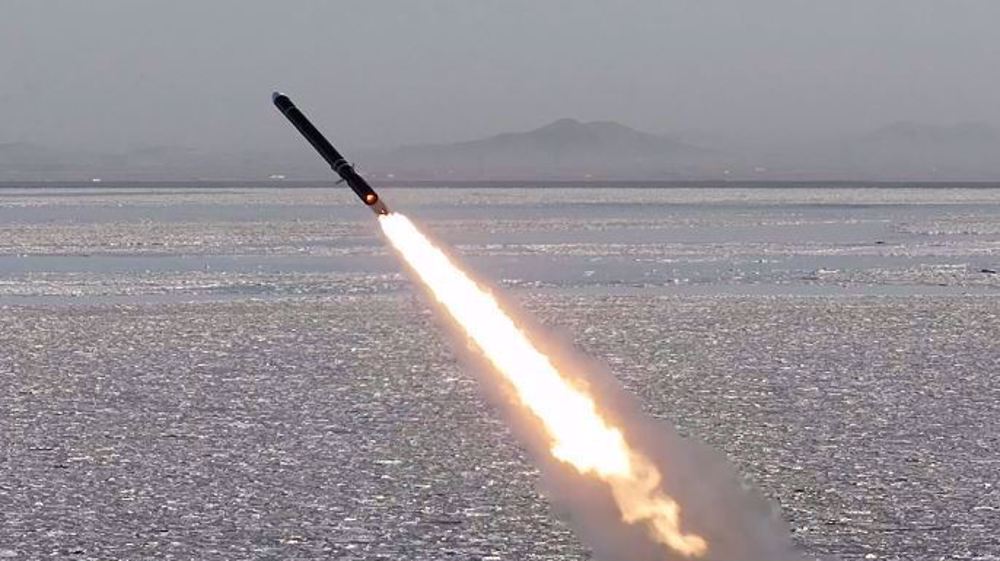
North Korea says launched cruise missiles in 'counterattack' drills
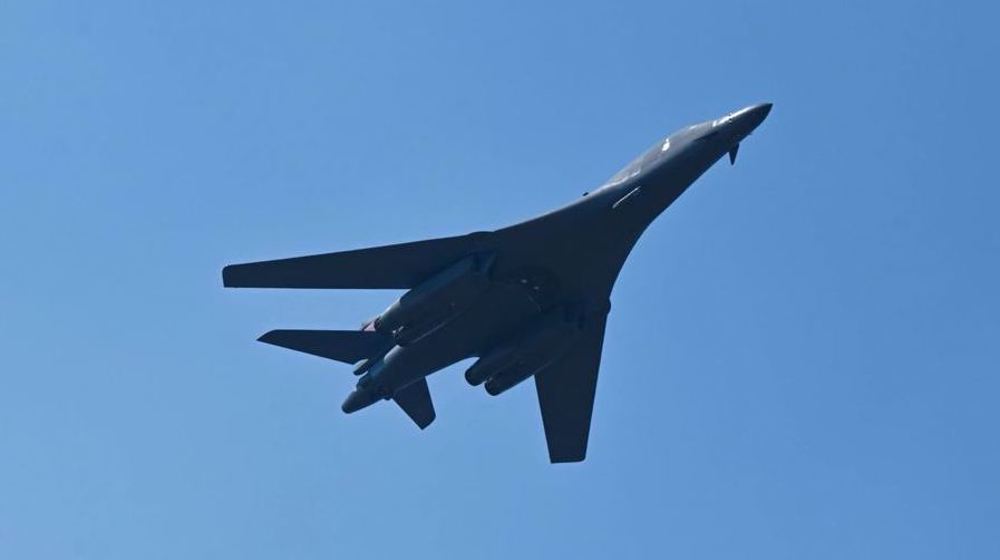
North Korea: US military provocations escalating under Trump
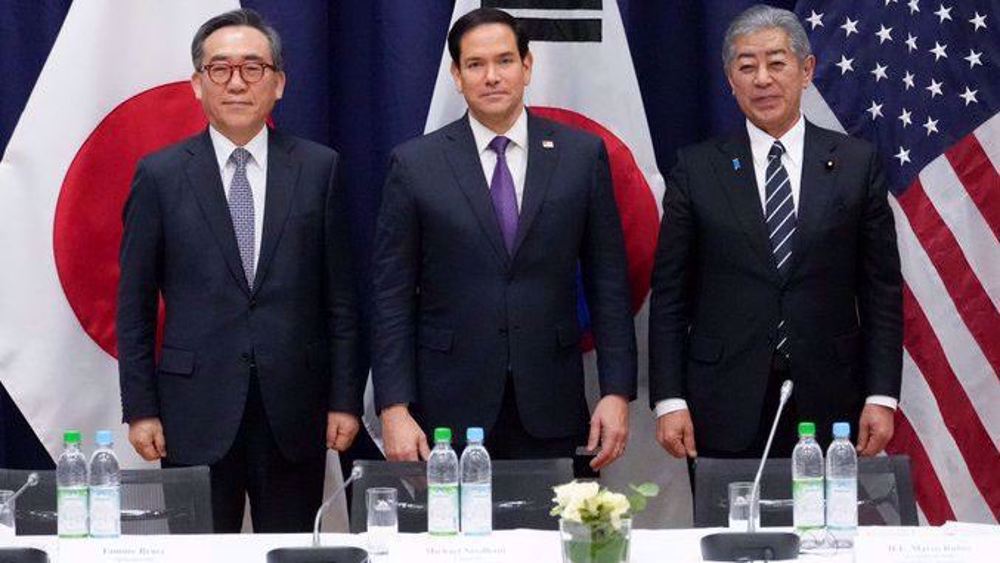
US, Japan, S Korea renew calls for ‘complete denuclearisation’ of North Korea
VIDEO | Press TV's news headlines
Iran ready to strengthen ties with UAE based on ‘mutual interests’: Deputy FM
VIDEO | A slap in the face of imperialism
Iran remains steadfast in its ‘principled positions,’ says Foreign Ministry
VIDEO | Holding on to hope: Gazans welcome Ramadan despite hardship
VIDEO | Kirk, veteran war journalist
VIDEO | 'Fras Market turned into wasteland'
Trump, Vance rebuke Zelensky in heated Oval Office confrontation


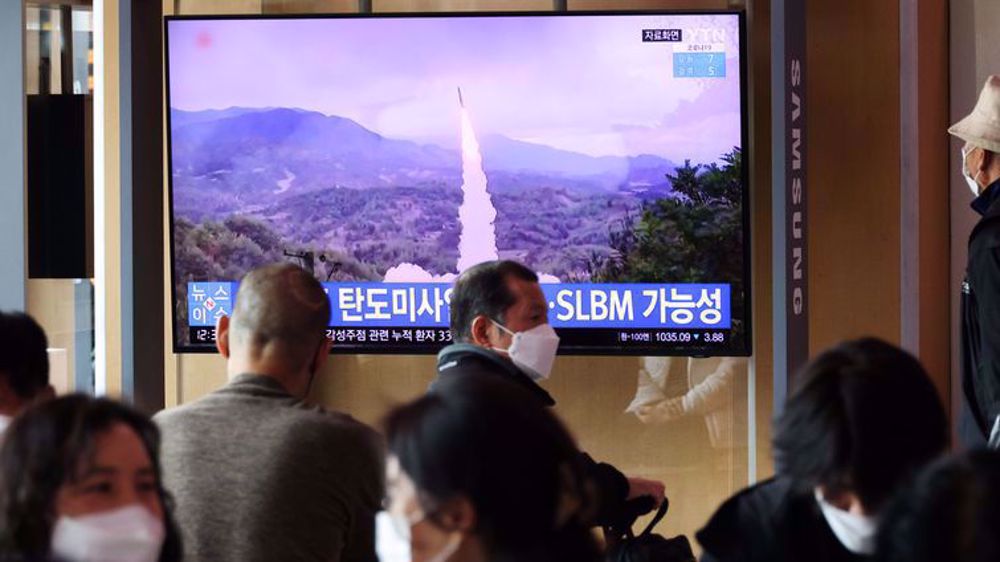
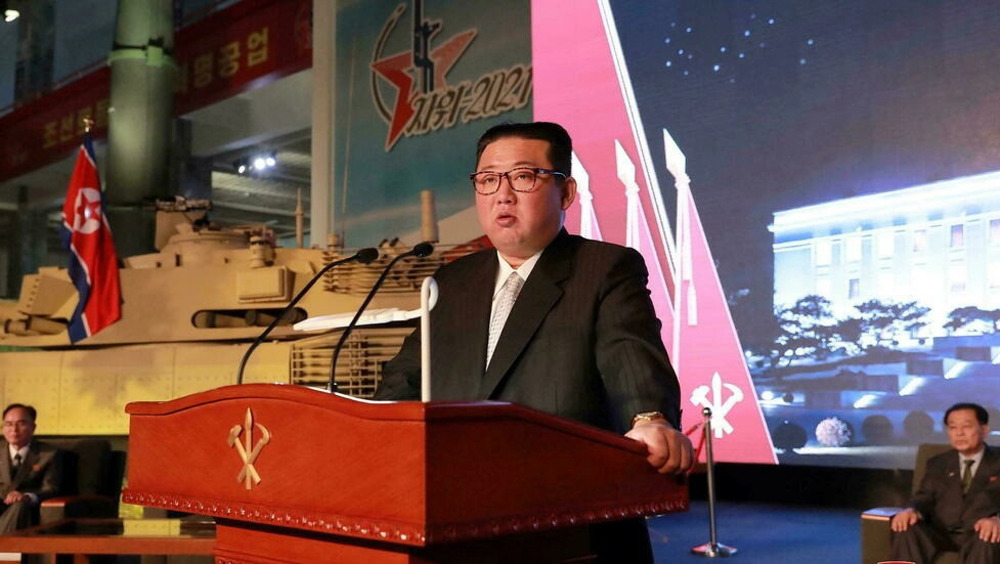



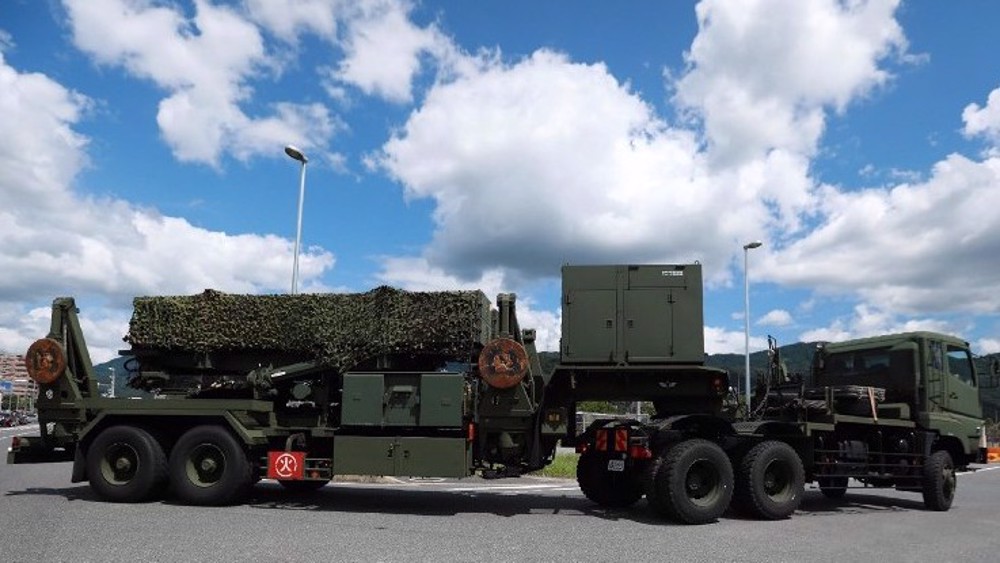

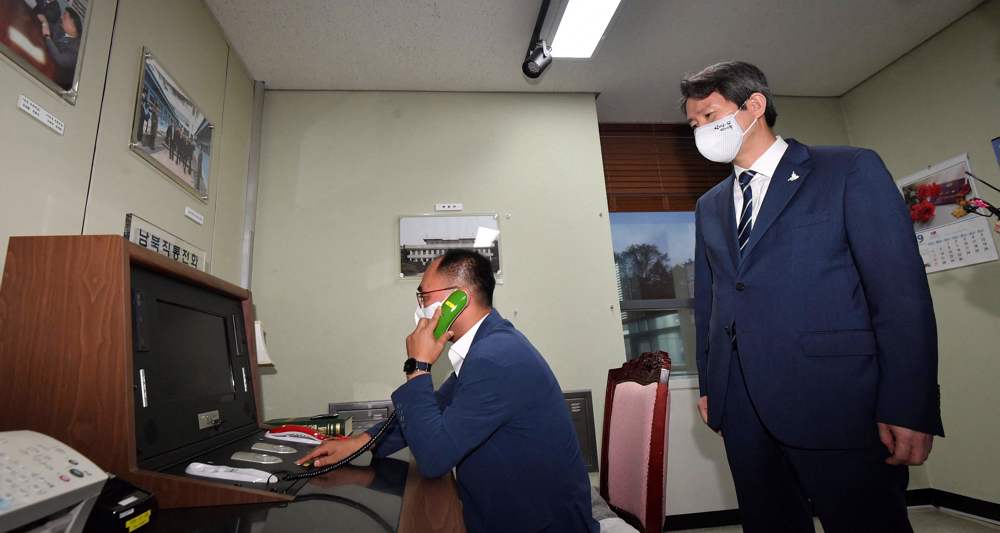

 This makes it easy to access the Press TV website
This makes it easy to access the Press TV website